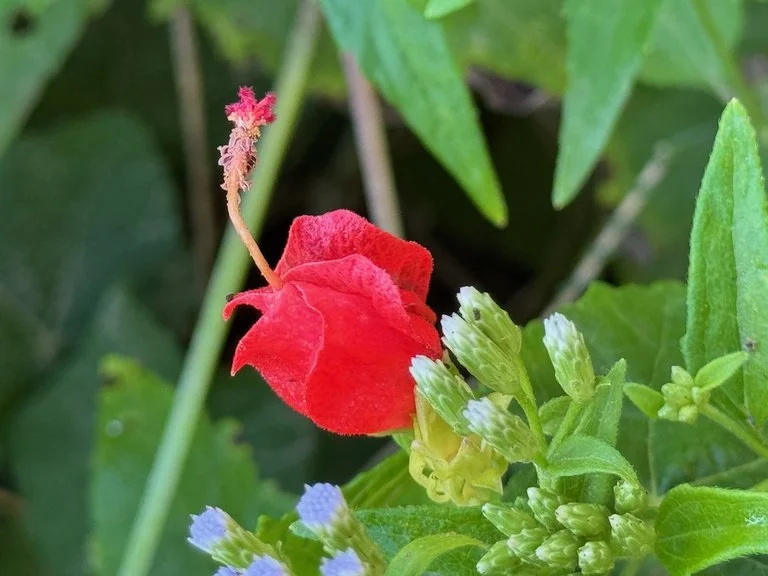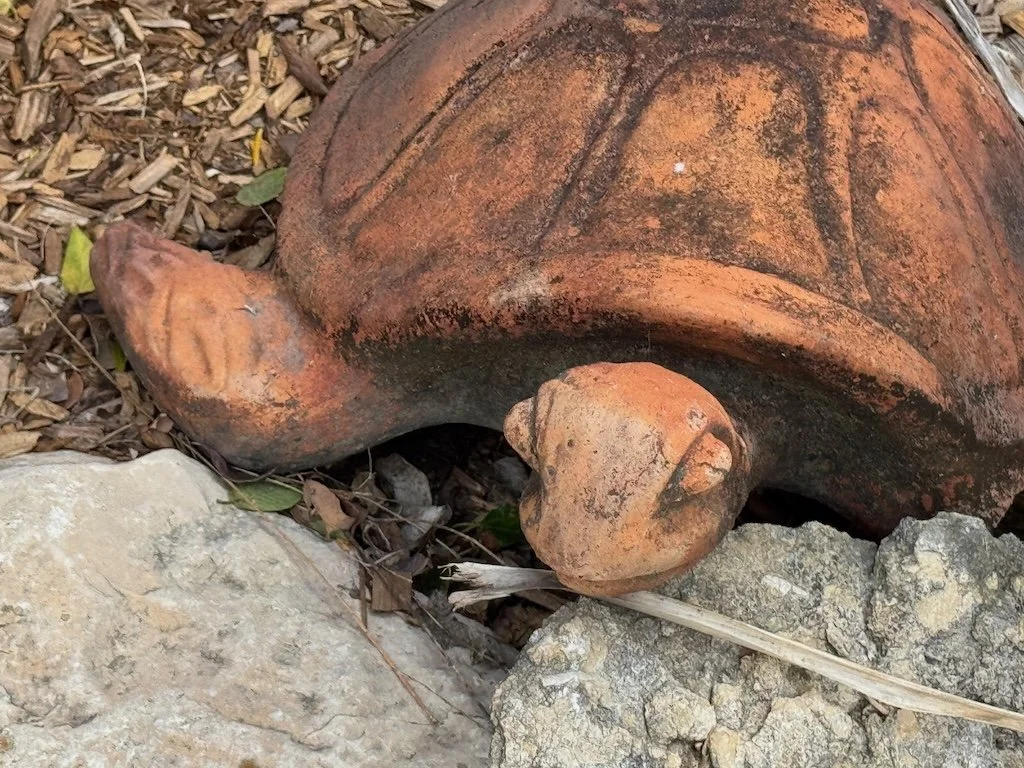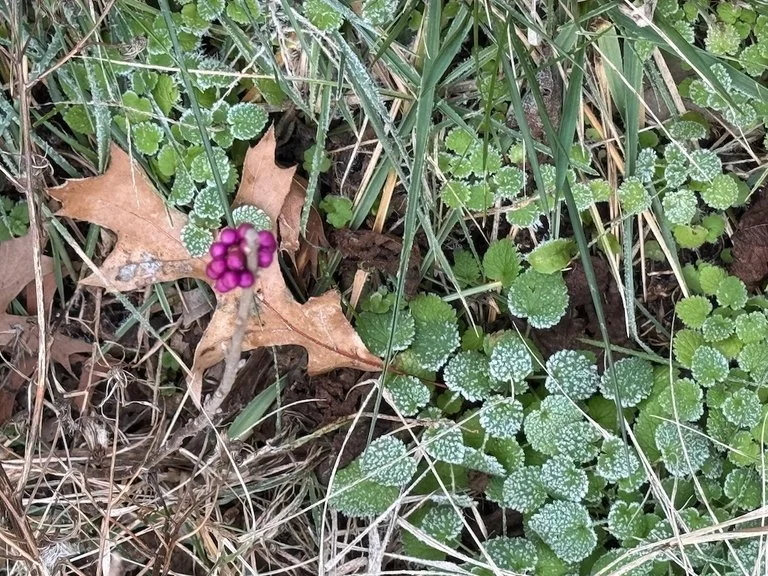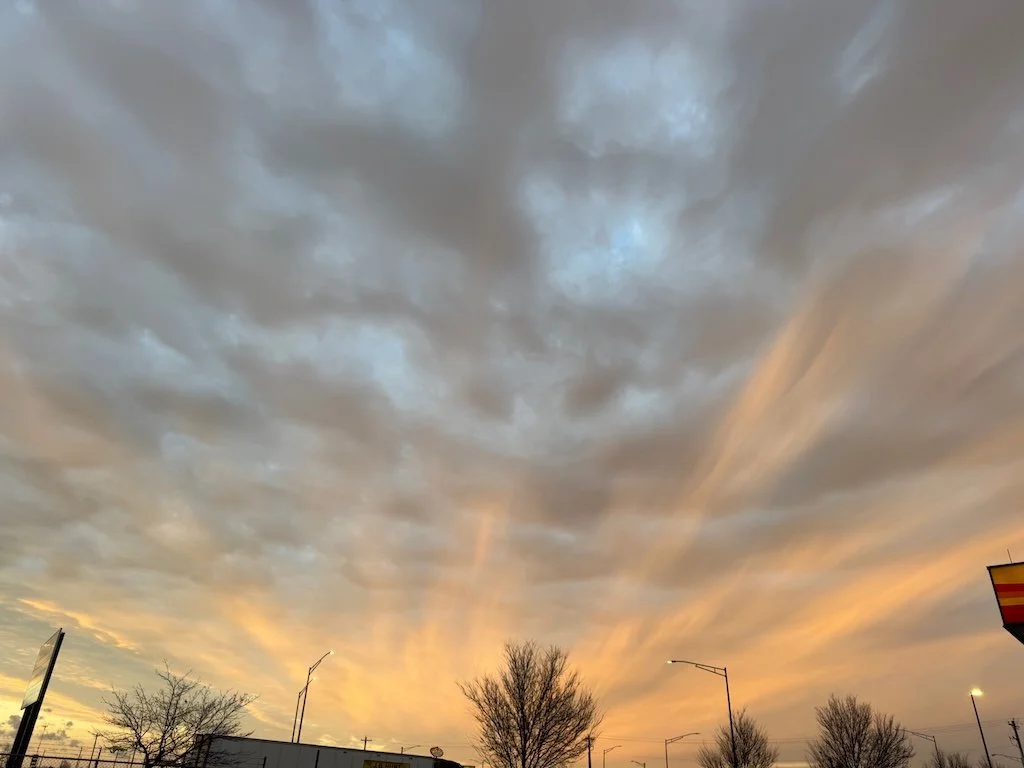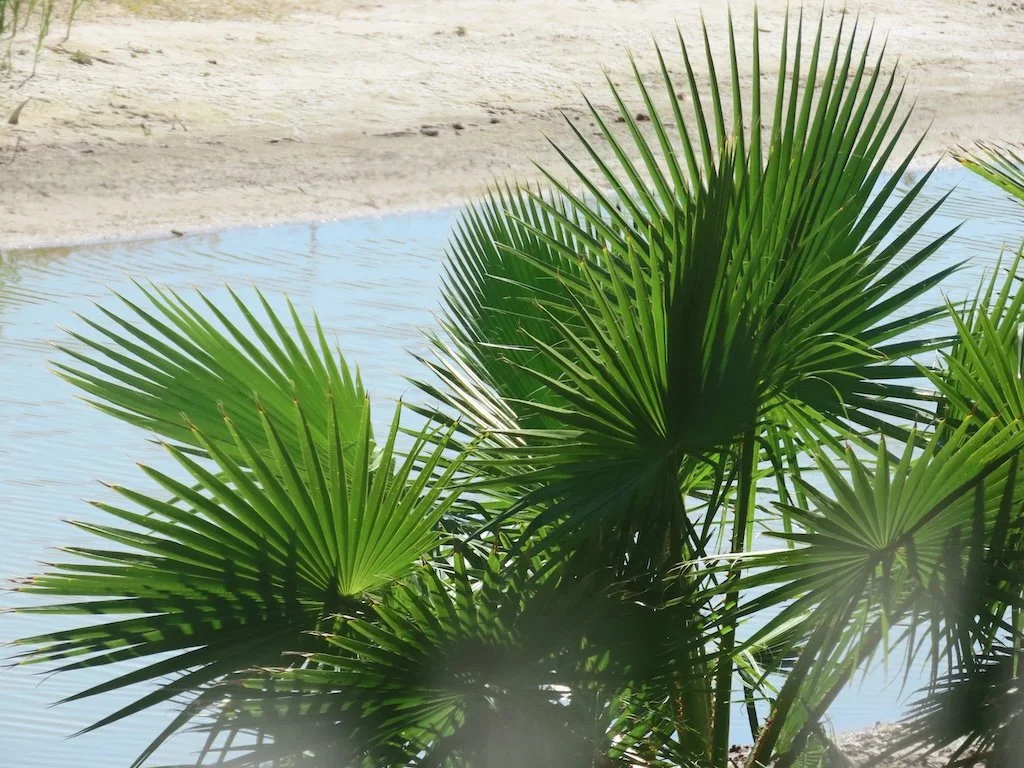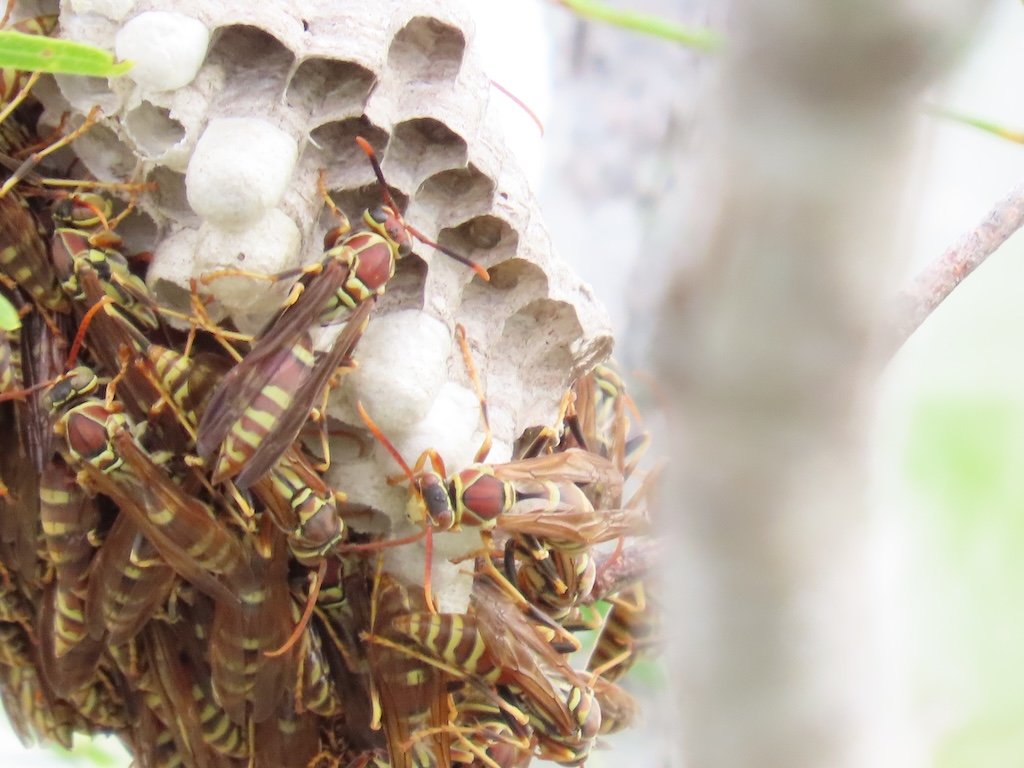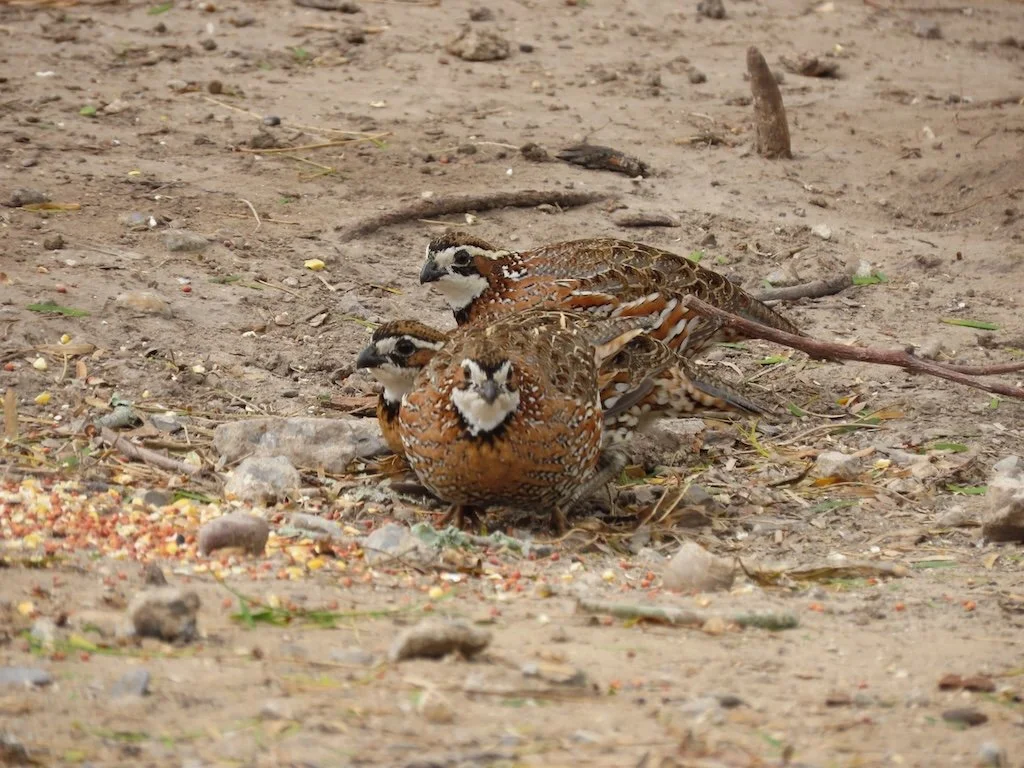Avoid - Reuse - Recycle - Trash
/When considering the disposition of ‘stuff’ - think ARTT:
A is for Avoid
R is for Reuse
R is for Recycle
T is for Trash
The higher on the list you can be the better for planet and most of the time for you too.
Let’s start with avoid. Think about things that you can simply not acquire or use. Is that plastic bag the cashier is going to put your purchase in needed? If you are only buying one item that you can just as easily carry without a bag, the answer is “no.” What about using cloth or other reusable bags each week for your groceries? Putting leftovers or items for your lunch bag in reusable plastic or glass containers is a good way to avoid sandwich plastic bags.
Another big potential for avoiding ‘stuff’ is paper. There are great mechanisms to avoid paper by getting the same content electronically. A little thought before subscribing or buying can make quite a difference in the amount of paper to deal with later.
Keep in mind that one key to avoidance is knowing what you already have. That opened package of cup hooks needs to be organized in a way that you can find it rather than buying another package!
 Next comes reuse. Repurpose packaging - particularly glass - as often as you can. A salsa jar is the perfect size for my sourdough starter when I have it in the refrigerator. The packets of stevia I keep on the table are in a jar that originally held a candle. If I can’t find a new purpose for something - then I donate it. Right now I have a pile I’m accumulating of old clothes, books and a bulletin board. They may not all go to the same charity --- I give preference to ones that will pick up from my front porch. Odd things that may not be eligible for donating for some reason can be often be freecycled (check out http://www.freecycle.org/). I’ve successfully freecycled an open package of shingles, an old folding table, and a box of used interior house painting supplies. On the other end of the equation - you can reuse something someone else no longer needs; thrift stores and yard sales are great places to find bargains. I go to one thrift store that is convenient enough to check periodically for clothing. Sometimes I find nothing…sometimes I have to make some hard choices. Recently I got 3 tops and a skirt for $27! Last but not least - reuse bags for your shopping. These can be cloth bags or re-enforced paper shopping bags that can be used many times. The bags that work best for me are ones I accumulated by contributing to various charities.
Next comes reuse. Repurpose packaging - particularly glass - as often as you can. A salsa jar is the perfect size for my sourdough starter when I have it in the refrigerator. The packets of stevia I keep on the table are in a jar that originally held a candle. If I can’t find a new purpose for something - then I donate it. Right now I have a pile I’m accumulating of old clothes, books and a bulletin board. They may not all go to the same charity --- I give preference to ones that will pick up from my front porch. Odd things that may not be eligible for donating for some reason can be often be freecycled (check out http://www.freecycle.org/). I’ve successfully freecycled an open package of shingles, an old folding table, and a box of used interior house painting supplies. On the other end of the equation - you can reuse something someone else no longer needs; thrift stores and yard sales are great places to find bargains. I go to one thrift store that is convenient enough to check periodically for clothing. Sometimes I find nothing…sometimes I have to make some hard choices. Recently I got 3 tops and a skirt for $27! Last but not least - reuse bags for your shopping. These can be cloth bags or re-enforced paper shopping bags that can be used many times. The bags that work best for me are ones I accumulated by contributing to various charities.
Recycle is getting into the realm that the item is not usable in its current form. Most municipalities have programs for recycling paper, glass and plastic although there may be restrictions. Recently milk cartons were added to the list of ‘recycle’ where I live - which was good since the almond milk I like does not come in plastic milk cartons (that have been recyclable for some time). On the other hand - the plastic clamshells that many of the grocery stores are using in their produce sections are not on the recycle list so have to go in the trash. My response has been to avoid that kind of packaging as much as I can. It’s also important that plastic be clean so my municipality suggests that it is better to return plastic bags to the grocery store for recycling rather than putting them in the curbside bin with other recyclables (where they may get something on them that will make them instantly into ‘trash’). Some municipalities are handling compostable material similarly to recycle; if not, you have a decision to make about whether you will commit the effort for a ‘do it yourself’ form of recycle from food waste to garden soil enhancer. Finally, electronics are accepted by some municipalities or check out the program at Best Buy. For computers - clean off the hard drives beforehand; there are programs to do that.
Finally - there is trash. It shouldn’t be a lot if avoid-reuse-recycle is fully implemented. It’s useful to take a look at what is in your trash occasionally and decide if you are willing to make changes so that it will no longer be there. For example - if used tissues are a significant component of your trash, are you willing to use handkerchiefs and launder them (reuse)? If napkins and paper towels are more than half the kitchen trash - should you buy some wash clothes to use instead or the paper products?
So - the more you can avoid the less you will reuse the less you will recycle the less you will trash. The objective is to live well yourself while preserving more for future generations.


